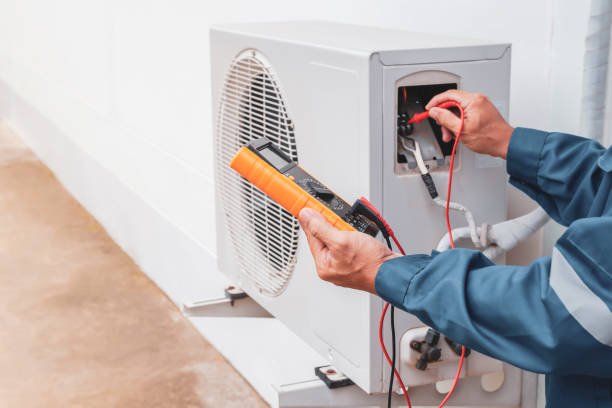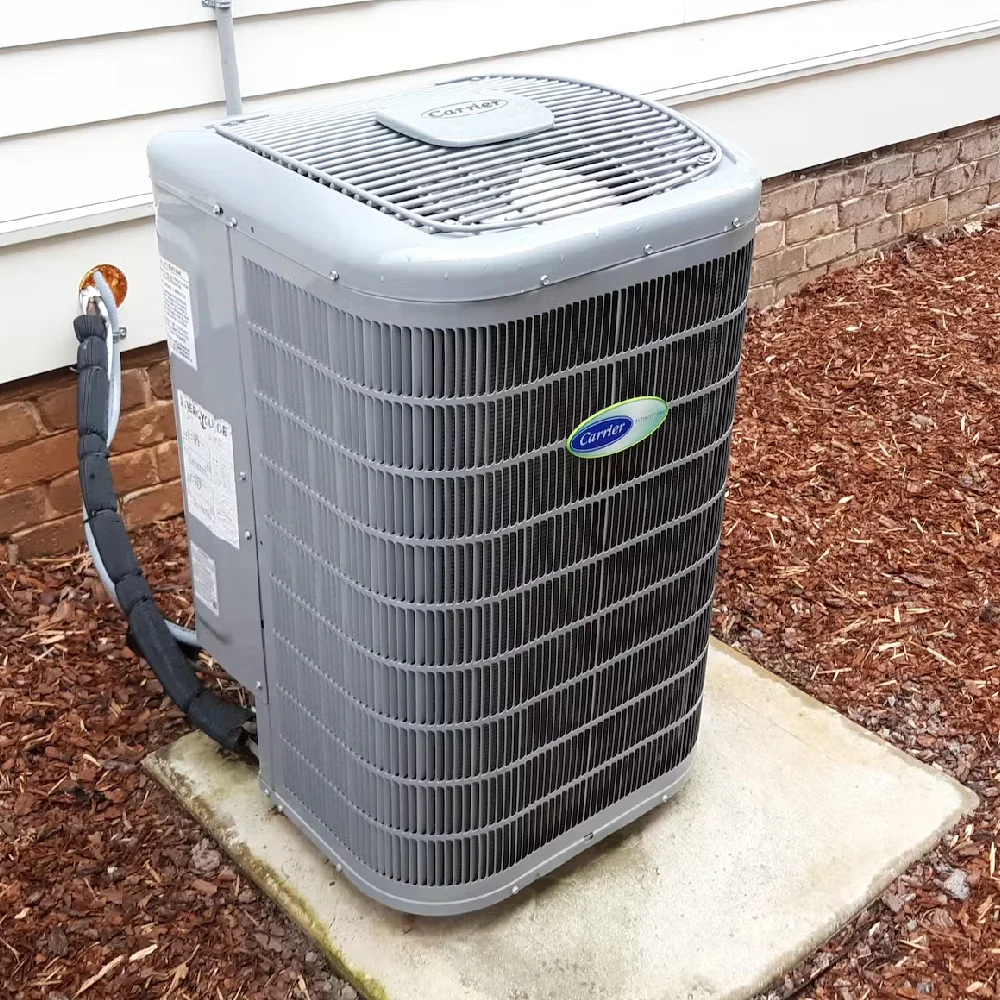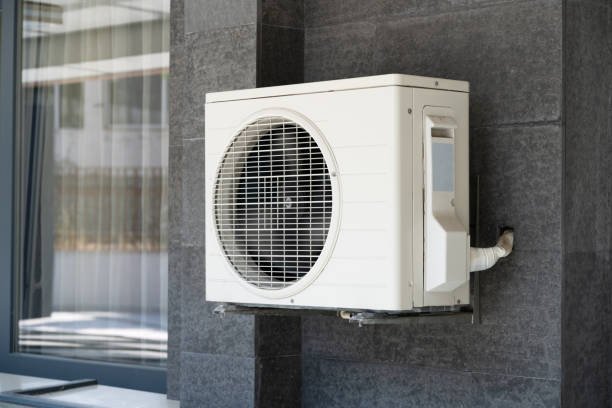
Should You Repair or Replace Your AC? Making the Right Decision
Introduction
When summer rolls around, there's nothing quite like the relief that a well-functioning air conditioner provides. However, when your AC unit starts showing signs of wear and tear, you might find yourself grappling with a crucial question: Should You Repair or Replace Your AC? Making the Right Decision is more than just a simple inquiry; it's a dilemma that can significantly affect your comfort, finances, and peace of mind.
In this comprehensive guide, we will dissect all aspects of AC repair and replacement. We’ll discuss cost considerations, efficiency ratings, longevity expectations, and more. By the end of this article, you’ll be equipped with the knowledge necessary to make an informed decision about your air conditioning system.

Understanding Your Air Conditioner: Basics and Functionality
How Does an Air Conditioner Work?
An air conditioner functions by removing heat from indoor air and transferring it outside. This process involves several key components:
Understanding these components gives you insight into how repairs might affect overall performance.
Common Problems with Air Conditioners
AC units can face various issues over time:
- Lack of cold air
- Strange noises
- Water leaks
- Poor airflow
- High energy bills
Recognizing these problems early can often prevent costly repairs.
Should You Repair or Replace Your AC? Making the Right Decision
When faced with malfunctioning AC units, homeowners often wonder whether to opt for repair services or invest in a new system entirely. Several factors come into play here.
Evaluating Repair Costs vs. Replacement Costs
Before making any decisions, it's essential to compare repair costs against potential replacement costs.
Cost Analysis Table
| Aspect | Repair Cost Range | Replacement Cost Range | |-----------------------|--------------------|-------------------------| | Minor Repairs | $100 - $300 | N/A | | Major Repairs | $400 - $1,500 | N/A | | New Unit Installation | N/A | $2,500 - $7,500 |
While repairing may seem cheaper initially, consider long-term costs such as energy efficiency and maintenance expenses.
Age of Your Air Conditioning Unit
The age of your unit is a significant factor in deciding whether to repair or replace.

- Units older than 10 years may require frequent repairs.
- Newer models are often more energy-efficient.
If your unit is nearing its expiration date but still requires frequent service visits (like "air conditioning repair near me"), it might be time to consider a replacement.
Energy Efficiency: A Key Consideration
SEER Ratings Explained
The Seasonal Energy Efficiency Ratio (SEER) rating measures an air conditioner's cooling output divided by its energy consumption over a typical cooling season.
Energy Efficiency Comparison Table
| SEER Rating | Efficiency Level | |---------------|---------------------| | Below 13 | Poor | | 14 - 16 | Average | | Above 17 | Excellent |
Investing in a high-SEER rated AC can save you money on utility bills in the long run—making it a vital consideration when contemplating replacement versus repair.
The Impact of Energy Bills on Decision Making
High energy bills could indicate inefficiencies in older units that may not be worth repairing. If you're consistently searching quick ac repair Las Cruces for "air conditioner service near me" due to increasing costs, it’s worth evaluating newer models with better energy ratings.
Frequency of Repairs: Red Flags to Watch For
When Is It Time for Major Repairs?
If you're calling for "AC repair near me" multiple times annually or spending over 50% of your unit's value on repairs yearly, it's likely time for a replacement rather than further investment in repairs.
Signs That Indicate Replacement Is Necessary
- Frequent breakdowns
- Decreased performance
- Age over ten years
These signs suggest that continuing to sink money into repairs may not be wise; instead consider investing in an entirely new system.
Choosing Between Repair Services and Replacement Options
Finding Reliable HVAC Services Near You
A reliable HVAC contractor can help assess whether to repair or replace your unit. Look for local reviews and ask friends for recommendations when searching for "HVAC services."
Questions to Ask HVAC Technicians During Evaluation
This information will guide you in making an informed decision regarding Should You Repair or Replace Your AC? Making the Right Decision.
Long-Term Benefits of Investing in New Technology
Modern Features That Improve Comfort and Efficiency
Today's air conditioners come equipped with advanced technologies such as:
- Smart thermostats
- Variable-speed compressors
- Improved refrigerants
These features enhance comfort while reducing energy consumption—translating into long-term savings on utility bills!
Environmental Considerations When Replacing Units
Newer systems are generally more eco-friendly due to improved efficiency ratings and lower emissions compared to older models. If sustainability is important to you, consider how upgrading can align with your values while also providing better service at home.
Financing Options for Replacement Units
Many homeowners hesitate about replacing their AC due to upfront costs. Fortunately, there are financing options available:
Researching these options makes investing in a new unit less daunting financially!
DIY vs Professional Service: What's Best?
While some minor issues may be handled through DIY fixes—such as changing filters—most problems require professional intervention from reputable experts who offer reliable "AC installation near me."

Pros & Cons of DIY
Pros:
- Cost savings on simple tasks.
Cons:
- Potential for mistakes leading to further damage.
Ultimately, it’s advisable to engage professionals for anything beyond basic maintenance!
FAQs Regarding Air Conditioning Decisions
- Generally includes minor leaks or occasional noise but not frequent breakdowns requiring significant repairs.
- Ideally twice per year; once before summer and once before winter.
- This could indicate mold growth or electrical issues needing immediate professional attention!
- Yes! They provide better efficiency leading to lower utility bills over time.
- Research customer reviews & warranties offered by manufacturers along with consulting trusted HVAC professionals!
- Verify licenses & insurance coverage along with checking references!
Conclusion
Deciding whether Should You Repair or Replace Your AC? Making the Right Decision boils down to weighing numerous factors including age, frequency of repairs needed alongside financial implications involved in both choices available today! The ultimate goal is achieving optimal comfort while minimizing costs effectively without compromising quality service received throughout this process!
Whether you're opting for ac repair services or considering new installations—armed with knowledge gained from this guide—you'll feel confident making decisions that serve both yours’ & your family's needs moving forward!